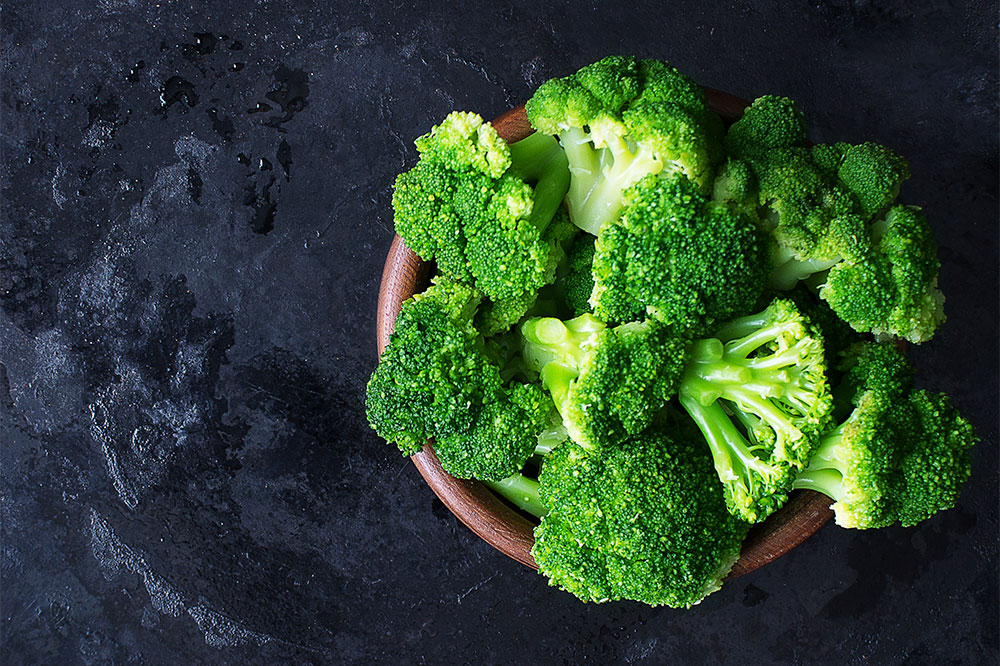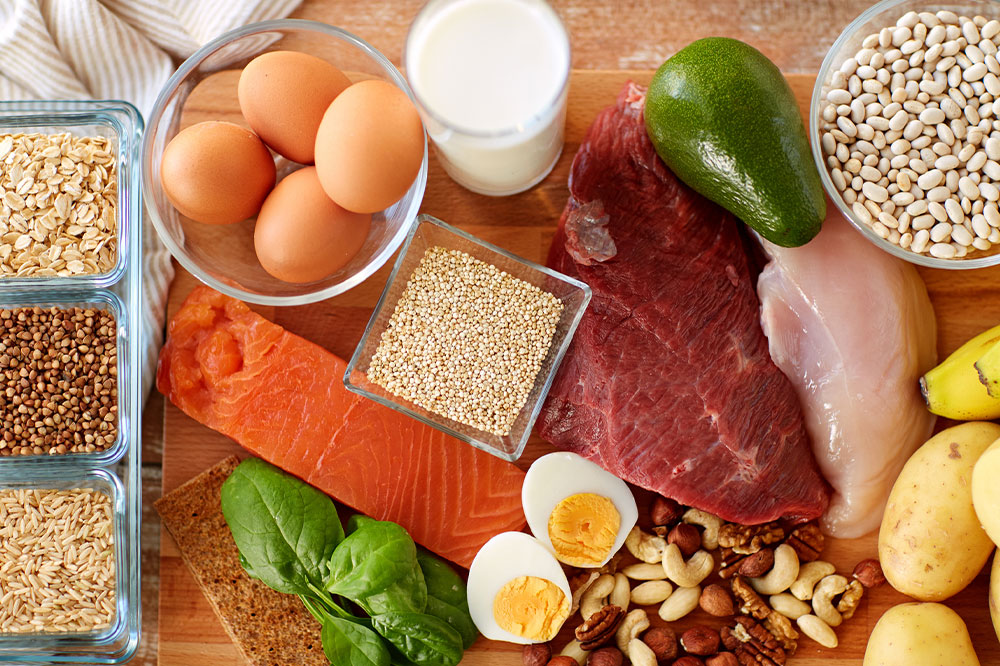Comprehensive Dietary Strategies to Lower Ovarian Cancer Risk
This comprehensive guide explores how dietary choices, particularly the inclusion of cruciferous vegetables, can significantly reduce ovarian cancer risk. It emphasizes the importance of balanced nutrition, lifestyle habits, and early prevention strategies for women seeking to improve their long-term health outcomes. Learn effective tips and scientific insights on integrating cancer-fighting foods into everyday meals to lower disease risk and promote overall wellness.

Comprehensive Dietary Strategies to Lower Ovarian Cancer Risk
Ovarian cancer remains one of the most challenging cancers to detect early, often resulting in late-stage diagnoses that reduce treatment success rates. While medical advancements continue, lifestyle and dietary modifications play a crucial role in prevention. A well-balanced diet rich in vegetables, especially cruciferous vegetables, can significantly contribute to reducing the risk of developing ovarian cancer. This article explores effective dietary tips, the science behind certain foods' protective effects, and practical recommendations to incorporate healthy eating habits into daily life.
Understanding the link between diet and ovarian cancer is vital for women aiming to improve their long-term health. Since early symptoms are often subtle or nonspecific, preventive measures are key. Nutritional strategies focusing on specific food groups have shown promising results in lowering cancer risk. Among these, cruciferous vegetables stand out for their potent bioactive compounds and health benefits.
The Role of Cruciferous Vegetables in Cancer Prevention
Cruciferous vegetables, which include kale, broccoli, cauliflower, Brussels sprouts, radishes, watercress, bok choy, and cabbage, are renowned for their cancer-fighting properties. These vegetables thrive in cooler climates and are characterized by their cross-shaped flower structure. They are loaded with phytochemicals called glucosinolates, which, when broken down during digestion, form biologically active compounds like isothiocyanates and sulforaphane. These compounds have been extensively studied for their ability to inhibit tumor development, suppress inflammation, and bolster the body's natural defenses against cancer.
Multiple research studies demonstrate that regular consumption of cruciferous vegetables correlates with a lower risk of ovarian and other hormone-related cancers. Their unique chemical profile interferes with carcinogen activation, enhances detoxification pathways, and induces apoptosis (programmed cell death) in abnormal cells. Incorporating at least a few servings of these vegetables daily can be a powerful step in cancer prevention strategies.
Additional Nutritional Benefits of a Vegetable-Rich Diet
A diverse diet rich in a variety of vegetables and fruits provides essential vitamins, minerals, antioxidants, and fiber—all of which contribute to overall health and disease prevention. Fruits like berries, citrus, and apples also contain phytochemicals that support immune function and help eliminate carcinogens. Fiber aids in hormone regulation and promotes healthy digestion, further reducing cancer risk. It’s important to consume these foods in moderation to avoid adverse effects, and personalized guidance from healthcare professionals can tailor dietary plans to individual needs.
Foods to Limit or Avoid for Ovarian Cancer Risk Reduction
While expanding the intake of protective foods, it is equally important to limit consumption of items associated with increased cancer risk. Diets high in processed meats, red meats, and saturated fats have been linked to elevated risks of ovarian and other types of cancers. Excessive consumption of dairy products, particularly in certain genetic populations, may also influence cancer progression, although research findings vary. Making informed dietary choices involves balancing nutrient-dense foods with avoidance of known risk factors.
Holistic Approach to Ovarian Cancer Prevention
Diet is just one component of a comprehensive approach to reducing ovarian cancer risk. Maintaining a healthy weight, engaging in regular physical activity, avoiding smoking, and limiting alcohol intake are all critical lifestyle factors. Regular medical check-ups, genetic counseling if needed, and awareness of early symptoms complement dietary efforts for a proactive health strategy.
Final Thoughts: Empowering Women thru Nutrition
Preventing ovarian cancer involves understanding the significant impact of dietary choices. Incorporating cruciferous vegetables and a variety of colorful fruits and vegetables into daily meals, combined with other healthy lifestyle practices, can substantially reduce risk and promote overall wellness. Remember, personalized advice from healthcare providers ensures that dietary modifications align with individual health status and genetic predispositions. Taking these proactive steps not only aids in cancer prevention but also enhances overall quality of life.





